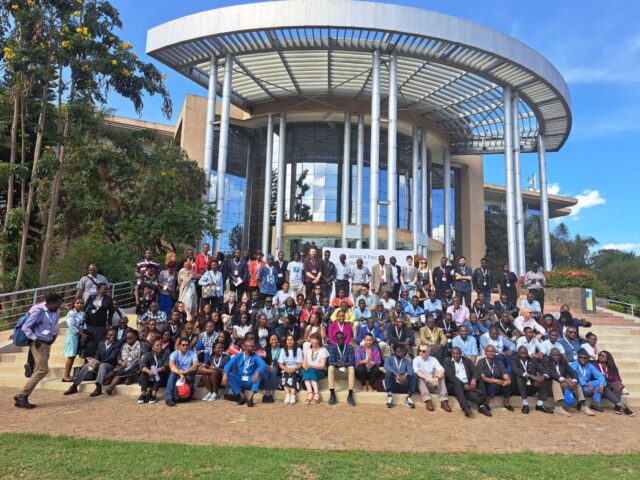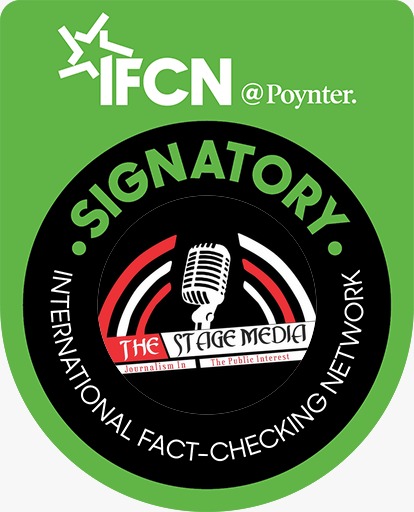
By: R. Joyclyn Wea
The United States International University (USIU) in Nairobi was a place that connected all fact-checkers from across the continent at the November 2022 Africa Facts Summit.
The two-day summit witnessed the coming together of over a hundred African fact-checkers to share their approaches to protecting users of their platforms from harmful content.
The gathering was also geared towards building nonpartisan fact-checking on Africa.
Mark Kaigwa advises fact checkers to value their reach(audiences) over engagement in the battle for the audience.
Run through the different types of reach in data-constrained digital economics.
“Many of us are fooled into forwarding tricks into sharing and confused by the trends,” Kaigwa told the gathering when presenting on the topic, reaching audiences online and offline.
Dr. Halani Gumpo noted, “Thinking about impact as it relates to fact-checking is to set goals, understand your community, measure the engagement, and demonstrate impact.
He added, “There is no universal measurable approach to tracking impact after a fact-check is done.”
Demba Kandeh said Africa had changed significantly over the past decades.
Kandeh noted, “This is in response to changing political, social-economic and legal environments around the continent and globally.”
Paul Cunliffe Jones, the brain behind the foundation of Africa check, said false news laws are not the answer to information disorder, and a different approach is needed.
The lack of easy access to accurate information,, he said if lawmakers are concerned about statistics, they will fund statistics agencies which will help fact-checking outlets to do their work.
“It is important that fact-checkers focus on claims that politicians make because they have a pivotal role in society,” Jones added.
He furthered that ten years ago, the practice of fact-checking was two people sitting around a desk, but today there are over 30 fact-check outlets.
For his part, Jean Leroux said, “Disinformation and misinformation often go hand in hand, but the origin of the false information differs materially.”
He highlighted the critical difference, tips, and tricks to differentiate disinformation from misinformation on social media platforms.
The Facts checking summit was not only attended by institutions in the area of fact-checks.
The Media Council of Kenya also joined fact-checkers at the Africa facts summit to discuss several topics on strengthening fact-checking in Africa. These included obstacles in the fight against misinformation, the importance of media literacy, and fact-checking in challenging environments.
Also, during the summit, Stage Media co-Partners, Madam Bettie Johnson Mbayo presented on a topic, “ Show and Tell.”
During this session, fact- checkers presented what they have done right and how they are doubling their games to improve on fact-checking in their various countries when it comes to double-checking facts.




